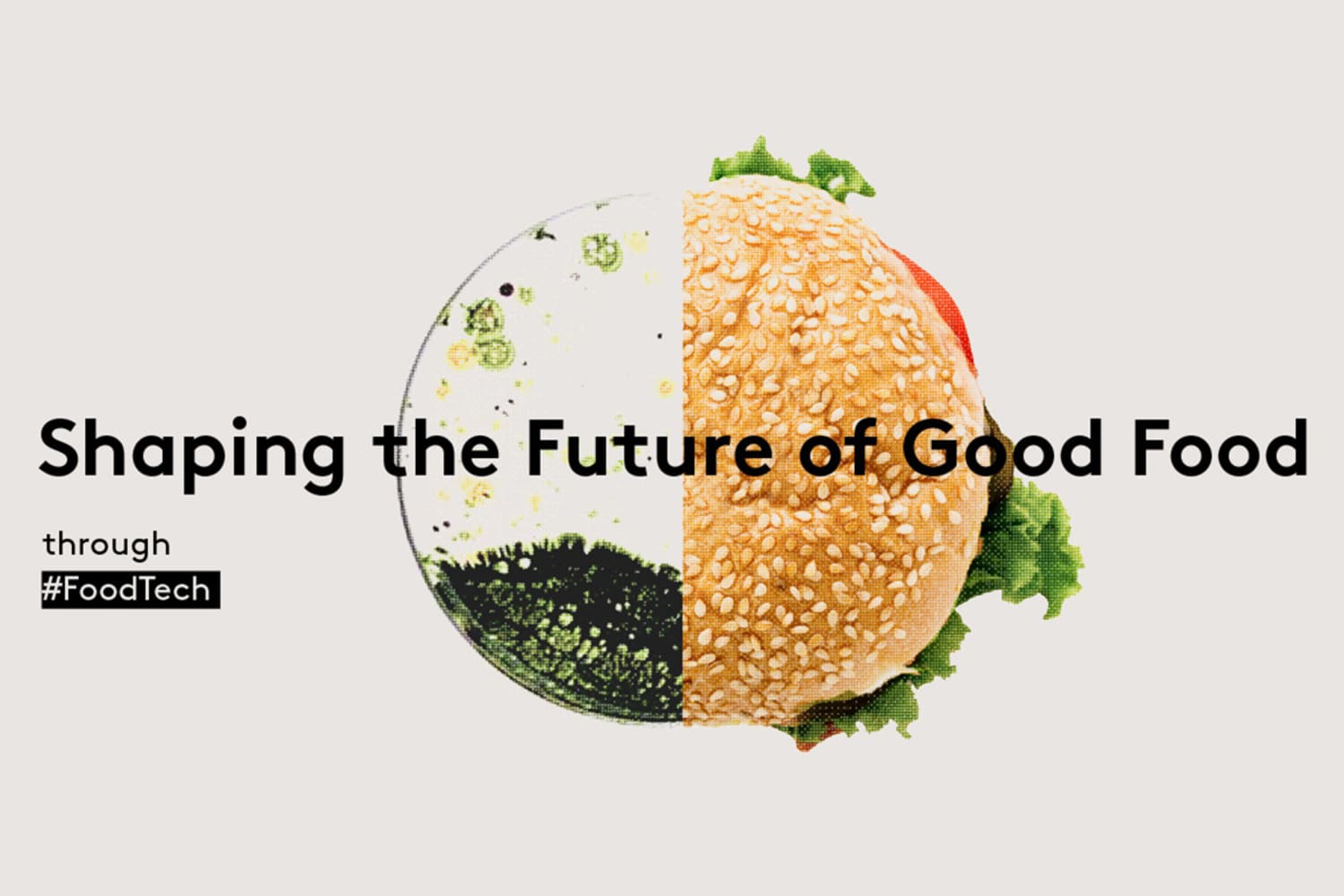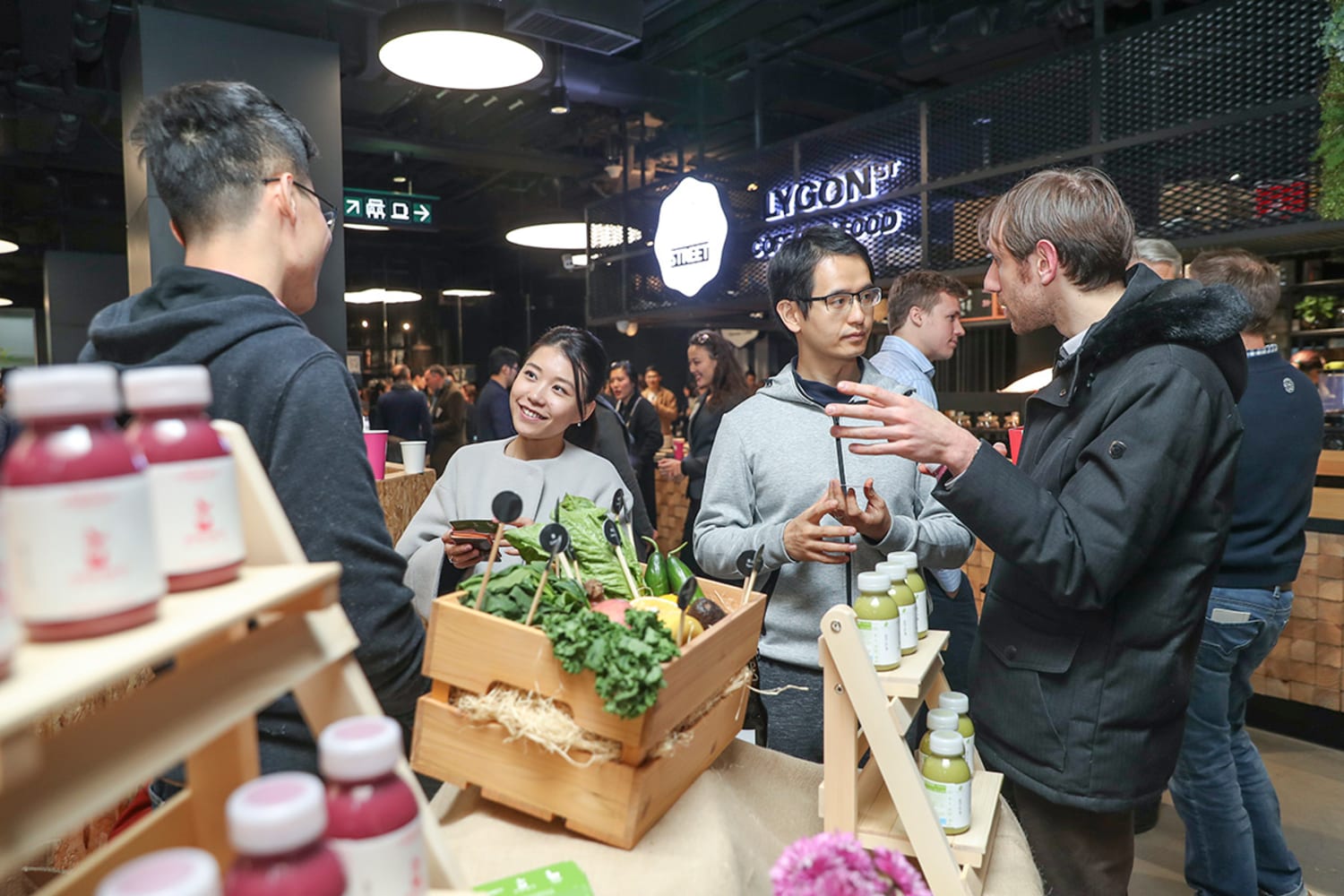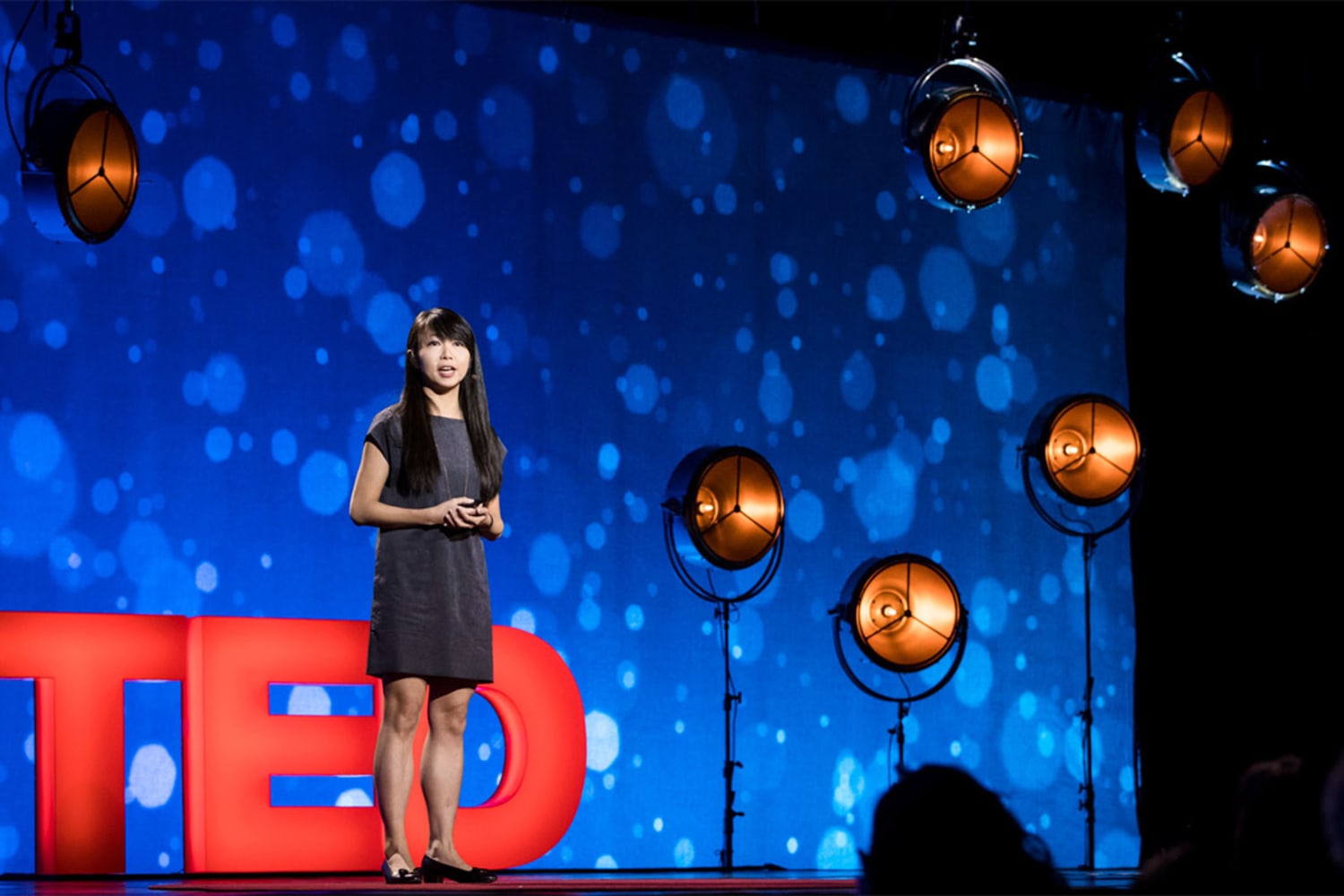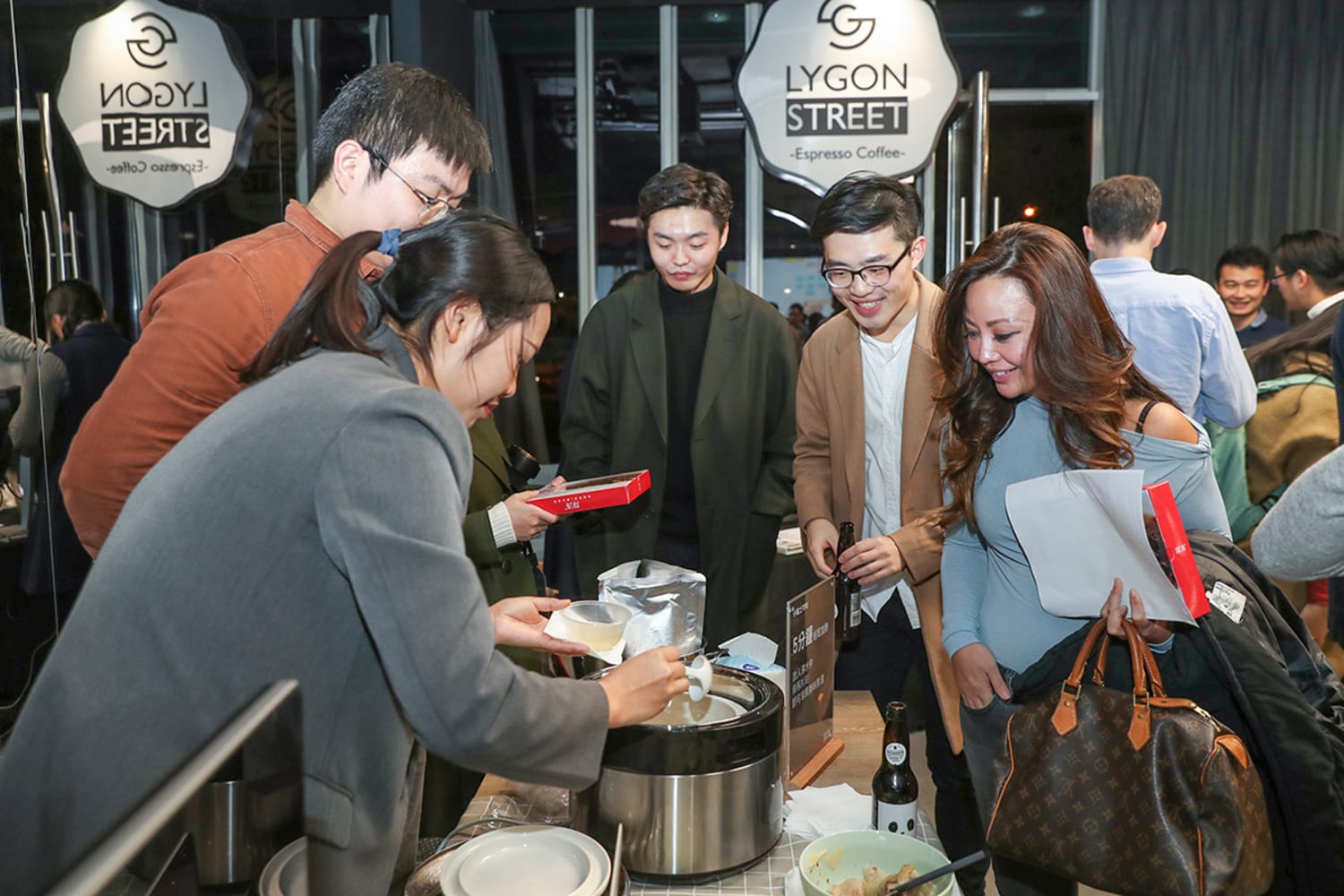China’s many food scandals, from contaminated milk powder to counterfeit food and drinks, have created a deep public distrust of the country’s food industry and are fueling demand for imported food. According to the Chinese government, in the past year alone regulators investigated around 29,000 cases of food fraud across China, including illegal manufacturing, false labeling and false advertising. Many Chinese consumers still find it hard to be sure that what they’re buying is safe to eat, says Matilda Ho, founder of China’s first food-centric accelerator and venture capital fund Bits x Bites. Yet more consumers than ever are demanding food that’s good for their bodies as well as the planet.
"Food safety is a top-of-mind issue for Chinese consumers."

That shift is evident on both the consumer and supplier side. In 2015, when Ho started Yimishiji, one of China’s first online farmers’ markets, she had “no fruit and hardly any meat to sell,” she told audiences in an April 2017 TED talk that has been viewed more than 1.2 million times on YouTube. She couldn’t find any suppliers whose products could pass her lab’s tests for zero residual pesticides, hormones, antibiotics and chemicals. Ho tells JWT Intelligence that today, Yimishiji has 70 farmers on board, supplying everything from chemical-free bananas to grass-fed beef to the market’s 150,000 subscribers.
Bits x Bites, which Ho started after stints at Ideo and the Boston Consulting Group, invests in startups that tackle challenges in the global food system. Next month, it is hosting a major food tech summit in Shanghai, bringing together investors, startups and food companies. Here, Ho speaks with us about China’s shifting attitudes towards sustainability and the future of food.

Since you launched Bits x Bites last year, how has the Chinese consumer’s perspective on food sustainability changed?
The awareness of food sustainability in China has been increasing for a number of years now. In any society, when the population has reliable food access, they then start to look for higher needs, including food safety and products with high nutritional benefits. After these needs are addressed, they may start looking at how their food purchases will impact others and the environment.
For many parts of China, the focus is on food safety and nutrition, while a small yet growing community is starting to look at mindful food consumption and their impact on sustainability. The evidence is everywhere, including the growing number of vegetarian restaurants in top-tier cities, and increasing demand for additive-free products and traceable products. All of this is showing tremendous opportunity for emerging food brands that can speak to today’s Chinese consumers.

Why have food providers who emphasize sustainability become so attractive to Chinese consumers?
There are two clear explanations that are interlinked. As previously mentioned, food safety is a top-of-mind issue for Chinese consumers and they are ready to pay a premium for safe food that comes from ethical producers or retailers that they trust. Many consumers still see finding safe food as a difficult challenge in their daily lives.
The trend to purchase from retailers that are perceived to be sustainable is also part of China’s larger consumption upgrade trend, where consumers are willing to pay more for products with better perceived quality, whether it’s craft beer, premium yogurt with less processing, healthier ingredients or cleaner labels.
Has the organic farming market in China grown since you founded Yimishiji? How does Yimishiji remain relevant in this developing market?
Yes. Yimishiji has a growing membership of more than 150,000 subscribers. We work with more than 70 farmers who provide produce on our platform.
Each of these suppliers has to pass our zero tolerance lab test for pesticides, chemicals, antibiotics and hormones. We also have a strong preference for sourcing locally. And indeed, it has gotten easier to connect with farmers in the past year.
We have also launched the Modern Farmer initiative. In addition to listing small-scale farmers’ produce on our platform, we work with them to upgrade their produce into private-label products. This is a new way for us to engage farmers to create new value and help them identify alternative revenue streams.



In your opinion, what constitutes a truly sustainable food system?
We are what we eat. We provide food that is good for people and the environment. There are many facets of food sustainability. And we embrace the challenge to engage consumers around complex and important food issues, from food miles to soil health to farmer welfare and animal welfare. To achieve that, Yimishiji has created a system of 19 labels to make these nuances of food sustainability very clear to consumers—for example, “locally sourced,” “family farmed,” and “pesticide-free.”
A truly sustainable food system is made up of two forces. On one side, we want to see more consumers make food purchase decisions that reflect an understanding of how these choices impact the health of their families and of the planet. On the other side, we need more producers who grow food in a sustainable way and are rewarded for their efforts. We are looking to play a small part with these goals in mind.
Which food startups are you most excited about right now?
We are proud of all of our portfolio companies and are excited about the ones that we’ll onboard soon. We are blessed to be working with a group of visionary entrepreneurs, whether it’s a company producing a drinkable salad that makes it pleasurable to eat healthily, or a cellular agriculture startup that is producing meat without animals, or a gene-editing company making high-performing crops to reduce food waste. In the future, we hope to see more startups addressing packaging waste and appealing food products that combine superior nutritional benefits and taste.

Replacing animal-based food sources is a hot topic in sustainability. What are the advantages and disadvantages of plant-based alternatives?
Plant-based alternatives generally have less carbon footprint than animal-based food sources. Having said that, we are not so naive as to expect one solution to fix the challenges in our food system. Some consumers may just never choose a plant-based alternative over the original meat product.
It’s going to take scientists, engineers, chefs and food companies working together, bringing a consumer-centric and solution-driven mindset to advance different parts of our food supply chain. Could plant sources provide biodegradable packaging that is stable and sturdy? Could insects be upgraded into a healthy protein source? Could culturing animal cells in bioreactors produce meat without harming an animal? We believe all of these are within reach, and collectively, they will show the way to a very different food landscape.

You have said the secret to success is patience. Can we afford to be patient, considering the issue of climate change?
I am an advocate for mindful patience. Mindful patience is knowing how to act when you’re waiting. It is patience with intention and persistence.
For any entrepreneur seeking to make a difference, mindful patience is aggressively listening and relentlessly learning to build your capacity and arm your arsenal—to ready yourself so you can move quickly and know how to catch the right opportunity when it arises.
In that sense, I don’t believe we are slow at all. In fact, we have fostered a culture that promotes a habit of rapidly learning and reiterating so we can continuously improve.
For example, in building our online farmers market, we set a goal to complete a prototype within 100 days and we did it. And at Bits x Bites, we apply the same lean startup approach to mentoring our startups, to help them rapidly build, measure, and learn to reach their next milestone within 120 days.
How will the world of food look five to 10 years from now?
The world of food will become increasingly enabled by technology. But this time, it won’t be technology only for the sake of efficiency. From smart buildings that grow food to bioreactors that produce meat directly by culturing animal cells, as well as tools that help us drastically reduce food loss, a diverse range of technology advances will bring myriad social, health, and environmental benefits.
For more on sustainability, read our report The New Sustainability: Regeneration.
Please provide your contact information to continue.
Related Content

Ford Ranger Ranger Campaign

